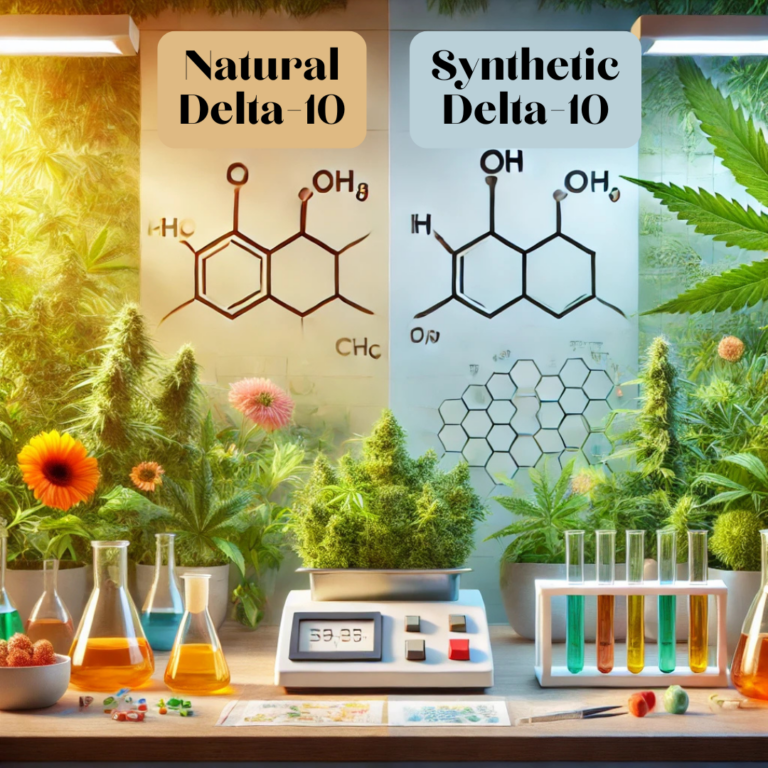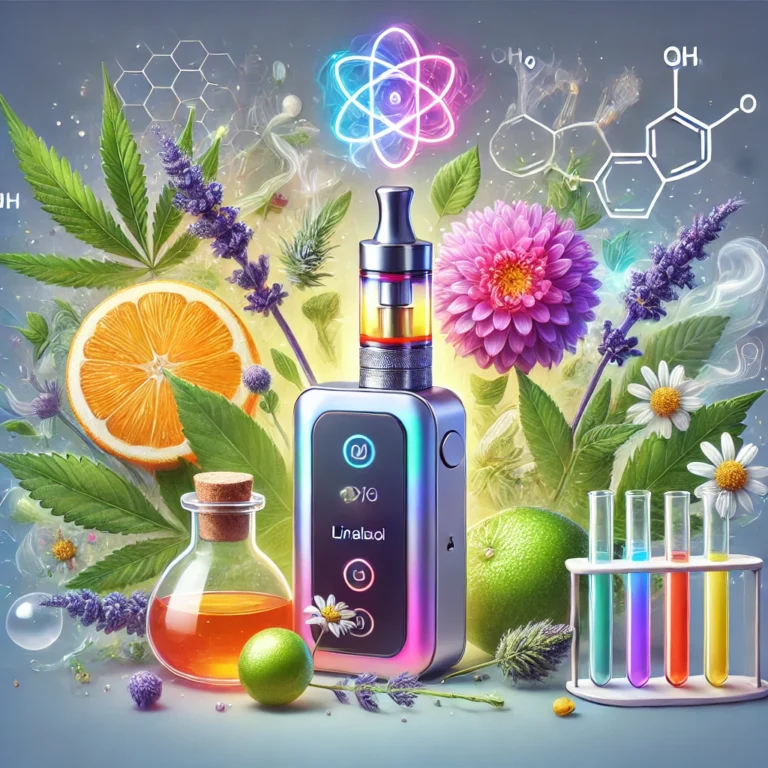Delta-10 is a lesser-known cannabinoid found in cannabis, but its popularity has been rising due to its unique effects and Delta-10 Benefits. Like Delta-8 and Delta-9, Delta-10 interacts with the body’s endocannabinoid system (ECS), influencing mood, energy levels, and cognitive function. However, Delta-10 is often described as providing a more uplifting and energetic high compared to its counterparts.

Delta-10 is a tetrahydrocannabinol (THC) isomer, meaning it shares a similar molecular structure with Delta-9 and Delta-8 but differs slightly in the placement of its double bond. This small variation alters how it binds to CB1 and CB2 receptors in the ECS, leading to distinct effects.
| THC Variant | Psychoactivity | Binding Affinity | Effects |
|---|---|---|---|
| Delta-9 | Highly psychoactive | Strong CB1 binding | Euphoria, relaxation, appetite stimulation |
| Delta-8 | Mildly psychoactive | Moderate CB1 binding | Milder high, calming effects |
| Delta-10 | Mildly psychoactive | Weaker CB1 binding | Energetic, uplifting, focus-enhancing |
Because Delta-10 has a weaker binding affinity to CB1 receptors than Delta-9, its psychoactive effects are often less intense, making it a popular choice for daytime use.
Research on Delta-10 is still emerging, but preliminary studies and anecdotal evidence suggest several benefits:
Enhanced Focus and Energy: Unlike Delta-9, which can cause sedation, Delta-10 is often associated with increased energy and mental clarity.
Stress and Anxiety Reduction: Some users report a mild calming effect without the heavy sedation of other THC variants.
Mild Pain Relief: While not as potent as Delta-9, Delta-10 may still provide some analgesic benefits.
Appetite Stimulation: Like other cannabinoids, Delta-10 may help boost appetite, though its effects are typically milder.

Delta-10 is naturally found in cannabis in very small amounts. Because of this, most commercially available Delta-10 is synthesized from hemp-derived CBD. This process can involve solvents and chemical conversions, so it’s crucial to source Delta-10 from reputable manufacturers who provide third-party lab testing.
| Type | Source | Purity | Safety Concerns |
| Natural Delta-10 | Cannabis plant (rare) | High | Limited availability |
| Synthetic Delta-10 | Converted from CBD | Varies | Potential residual solvents, contaminants |
Some Delta-10 products may contain residual solvents or harmful additives from the manufacturing process. When buying Delta-10, watch out for:
Hexane and Heptane: Common solvents that should be properly purged.
Heavy Metals: Impurities that can appear in low-quality products.
Undisclosed Additives: Some companies mix in unknown compounds to increase potency.

| Method | Onset Time | Duration | Pros | Cons |
| Vaping | 5-10 minutes | 1-3 hours | Fast-acting, portable | May contain additives |
| Edibles | 30-90 minutes | 6-8 hours | Long-lasting effects, discreet | Slow onset, harder to dose |
| Tinctures | 15-45 minutes | 4-6 hours | Easy to dose, faster than edibles | Taste can be strong |
| Topicals | No psychoactive effects | Varies | Great for localized relief | No high effect |
Delta-10 is a THC isomer with uplifting and energizing effects.
It binds to CB1 and CB2 receptors differently than Delta-9 and Delta-8, leading to milder psychoactivity.
Early research and anecdotal reports highlight potential benefits like increased focus, reduced stress, and mild pain relief.
Most Delta-10 on the market is synthetically derived, making third-party lab testing essential for safety.
Different consumption methods impact onset time, duration, and experience.
Join our community of cannabis enthusiasts and terpene explorers! Get exclusive insights, in-depth guides, and the latest discoveries. No spam—just pure, aromatic knowledge delivered straight to your inbox.
Subscribe now and elevate your cannabis wisdom!